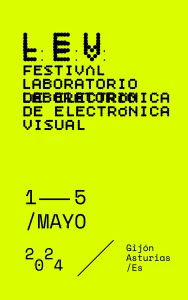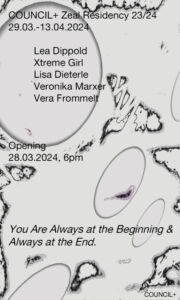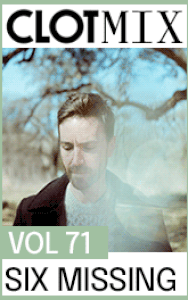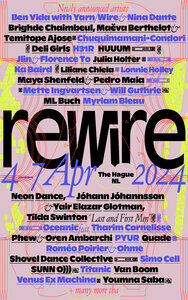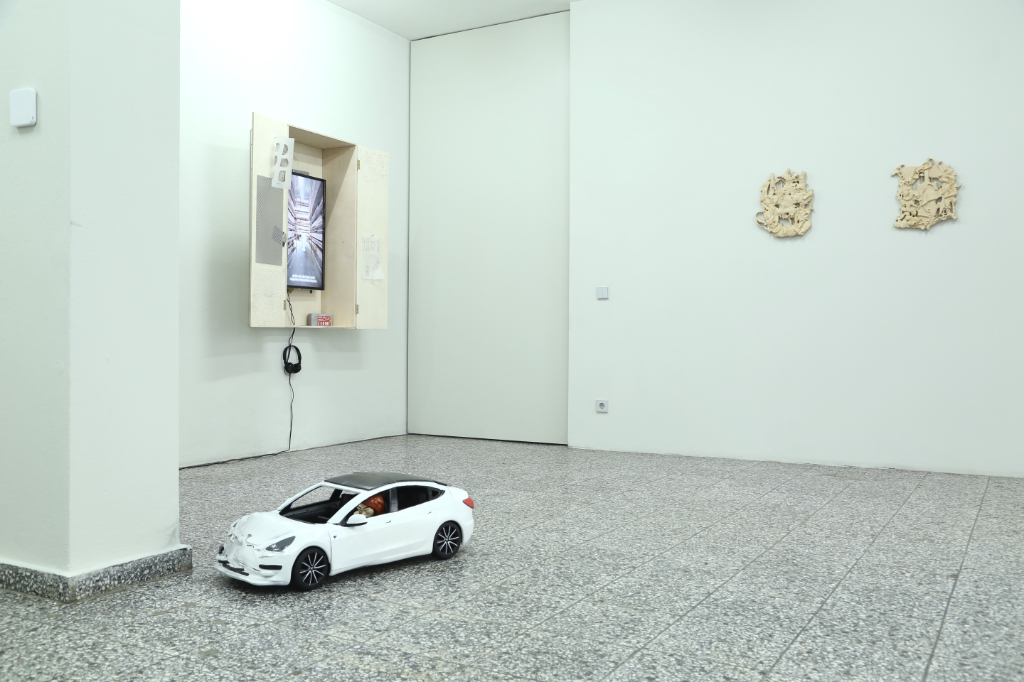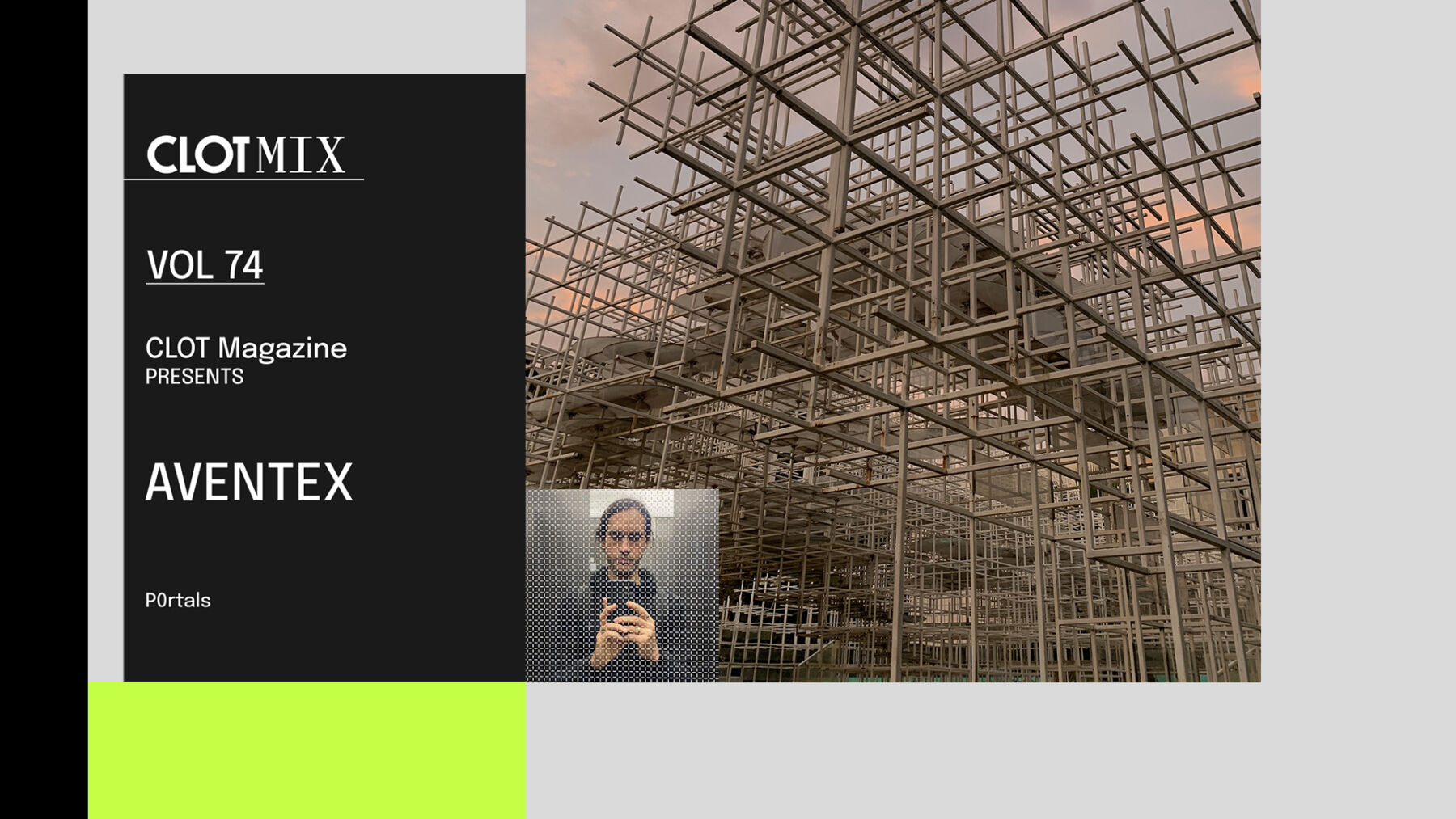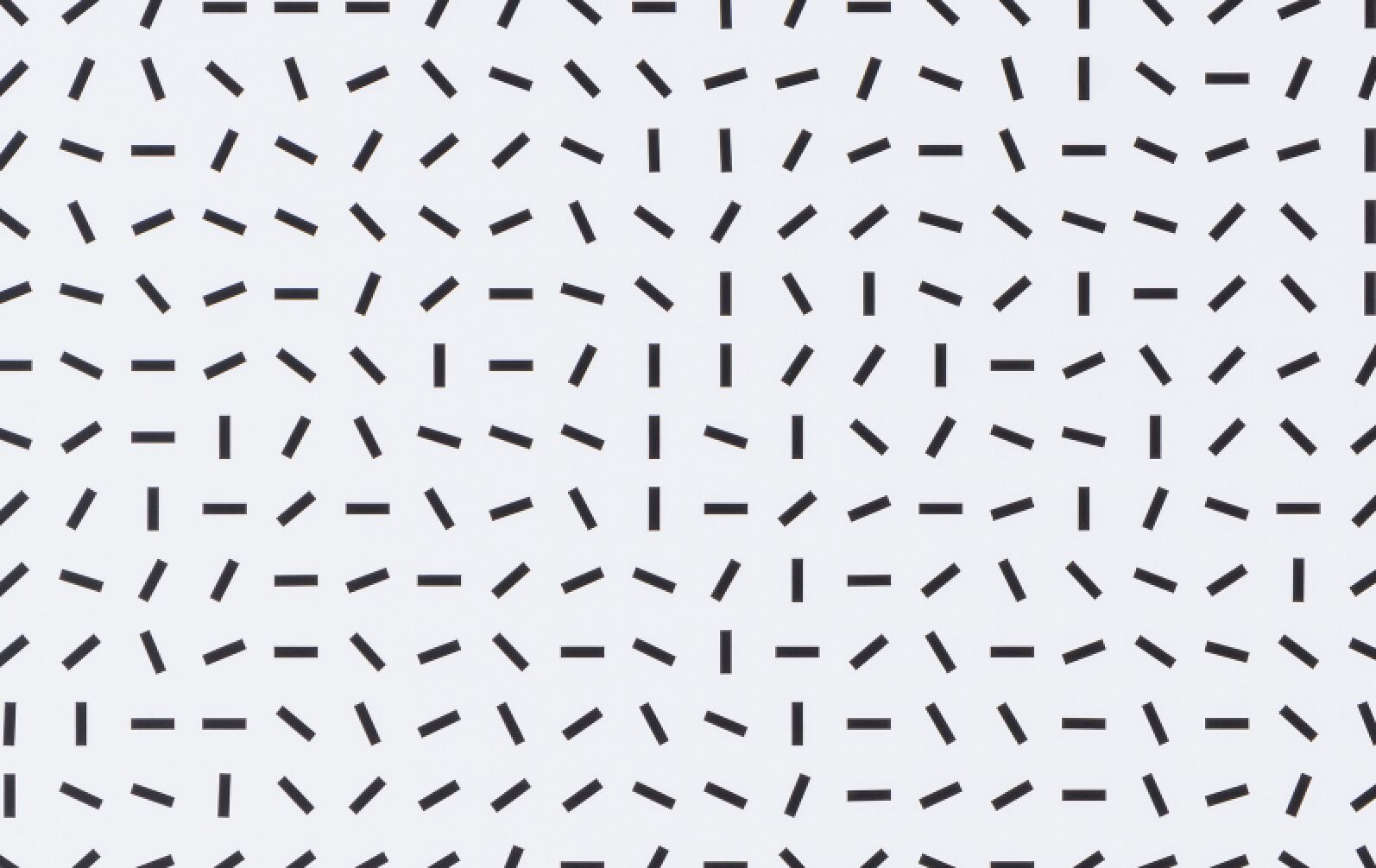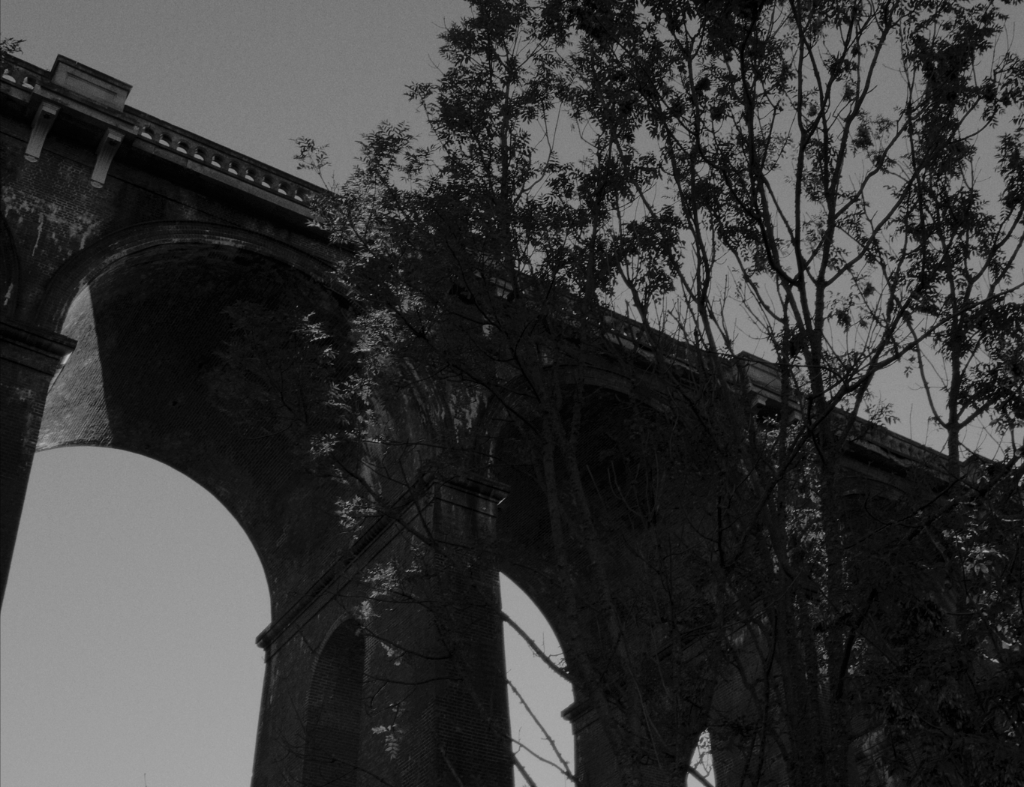Interview Jacobo García
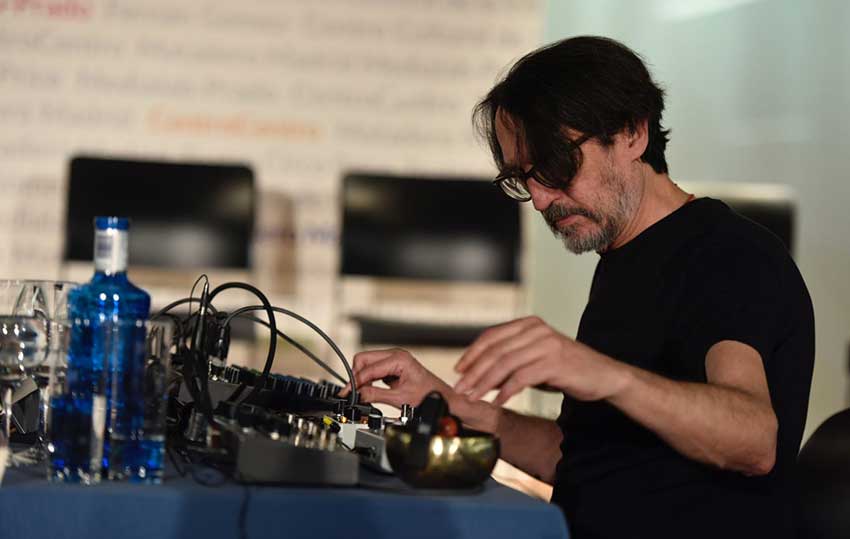
Not many outside of Spain knew about Suso Sáiz’s music before 2016, only hardcore, ambient fans and niche record collectors. Even in the country, he was kind of forgotten, considering his extended career – not only as an experimental artist but also as a studio musician, record producer and film composer. However, everything changed in 2016 after the release of Odisea (Music from Memory), one of the hippest reissue labels of this decade.
Odisea is a compilation of Suso’s earlier works dating from the 80s and 90s and a few unreleased tracks. This provoked a renewed interest in his music in Spain and abroad, with younger audiences finding his ambient works palatable and fresh. A performing comeback ensued, with Sáiz appearing in concerts and festivals all around Europe and, in 2017, a second album, Rainworks, this time with new compositions.
This year has already been high yielding with two records, one in Music From Memory with the name. Nothing is Objective and Inducing The Pleasure Dreams V2, a collaboration with multi-instrumentalist Justo Bagüeste published by Geometrik, a cult record label from Spain, most known for publishing Esplendor Geométrico.
Sáiz’s early output has reached legendary status between record collectors and music nerds. His work as part of La Orquesta de las Nubes, an experimental collective of kindred spirits, the collective was infused with a particular philosophy: anything could be brought to the studio, and they did, from frying pans to bird lures to synthesisers, the output sounds original, vanguardist and very fun.
Taking the context in which those albums were recorded (Spain was in the 6th year of his young democracy), those epithets fall a bit short. Nevertheless, later he collaborated with two towering figures, Steve Roach and Jorge Reyes. Their collaborative project titled Suspended Memories released two haunting records blending ambient textures with tribal percussions and aboriginal chants.
But nostalgia is not something that can be associated with Sáiz. On the contrary, he is as active as ever. Although much has changed from his recordings of the 80s, both in aspect and substance, his latest works sound pristine, contemporary, personal and hugely emotive. It seems he is still ripping the many fruits of the hard work spanning a career of forty years, consistently keeping his integrity, dedication, warmth and love for music to the highest standards.
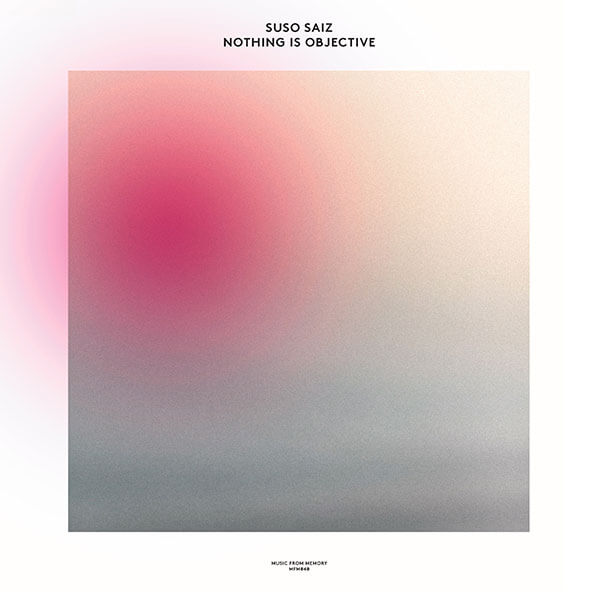
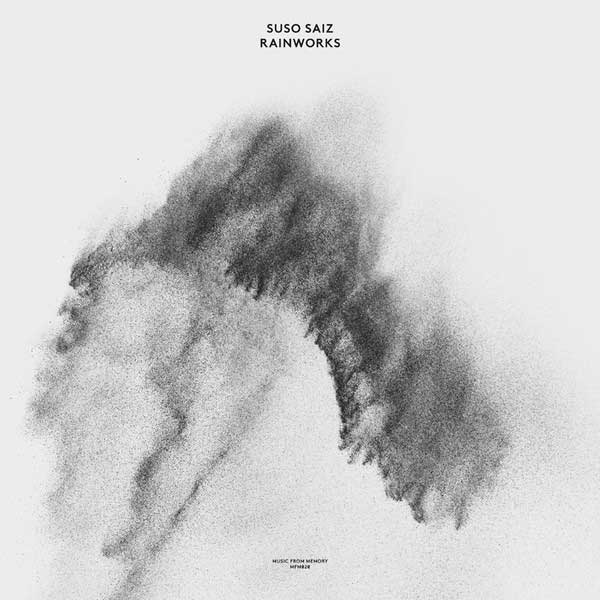
You have a new record in the market called Nothing is Objective. But, first, I’m interested in the title, the origins and the motives of this title and the relation with the songs in it.
The title initiates a reflection on the individual and the loss of identity in this globalised world, dominated by the number of likes that any human manifestation can treasure. From my point of view, the development of thought is born in the subjective aspect but is antagonistic to the necessity of likes which enslaves us, bringing us closer to the pensee uniqué.
It is a defence of free-thinking, subjectivity in opposition to objectivity. Nothing that can be named the truth should drift away from experience and subjective knowledge. This reflection arises from something that can hardly be made objective: How would other humans feel your pain?
Can you describe a bit the creative process used to develop this record?
I usually spring off from a routine I’ve been doing from a particular time: every day, I perform an impromptu session in which I experiment with sound, new ways, new processes, etc., and then, from the general idea, the thought on what I want to develop appears. After that, I record every part I see fit in those sessions.
Initially, it is a matter of instinct; I record those moments of intuition until I have enough material to start the composition process. Then, little by little, parts that were born disjointed from the songs provide the project of an intimate connection.
What is the role technology plays in your music creation process? You’ve been producing music for almost 40 years. Have all those technological changes impacted how you record music?
Technology is widely used in many processes that are essential to my job, but that has been simplified over the years. My way of building timbres and elaborate ambiences always sprouts from my daily sessions. They are created live, playing the guitar, my main instrument.
From there, everything pops up. The transformations and processes that I use to reconstruct the sound are many times traditional techniques from the electroacoustic movement, used more than 50 years ago. In the past, the computer was an essential tool for my job. Programming and other parts were fundamental.
Today, the laptop is just a recorder and an editor, but I don’t use it as a sound source. However, I keep a fondness for the analogue world, even in my processes, and I usually build my timbres with pedals; many of them are still with me after 30 years.
There are new developments in the way to create music, new tools that use AI to help the musician find melodies and harmonies that the musician probably hasn’t thought about. What’s your opinion on these techs? Is this something appealing to you?
The music we listen to, in its immense majority, is a fruit of an industrial process in its creation, production and broadcasting. All those machines you’re talking about are helpful for those kinds of music, but in my case, I don’t see the use. On the other hand, the exercise that involves creating my sounds feeds my life; I can’t abandon that.
What is the importance of randomness in your development process? Do you prefer to leave space so lucky coincidences would appear, or do you like to control everything to the maximum?
As I said, randomness and improvisation are essential elements in my job. But in its process and re-elaboration, I tend to control everything to the absolute maximum. Maybe it is a bit sickening.
Recently, I listened to Laraaji saying that the New Age label was a blessing for him back in the day. Since then, he could send his audience to the New Age section in record shops. You, as Laraaj, have often been labelled a New Age musician, a reviled brand which is recovering prestige lately. Do you identify yourself with that label?
Labels, in general, don’t define precisely almost anything they comprise. But, in the end, I don’t mind any label they slap on my work, which from my point of view, is constantly changing.
You’re commissioning a new project at Conde Duque Cultural Center in Madrid. Can you tell us more about it?
The project is called El Muro and is a permanent exhibition hall of sound art. We have installed a hexadecafonic system and want to commission and present at least three works yearly. El Muro is located in what is called the lobby of the Hall of Vaults.
Is <AAA> in which contemporary architectonic elements live together with a stone wall which was part of the original military barracks, which is what the cultural centre was in the past. The Hall was inaugurated with Untitled 370 from the exceptional Francisco López: a beautiful, blunt and passionate piece of work I recommend.
What is your chief enemy of creativity?
The need for success.
You could not live without…
Music.



